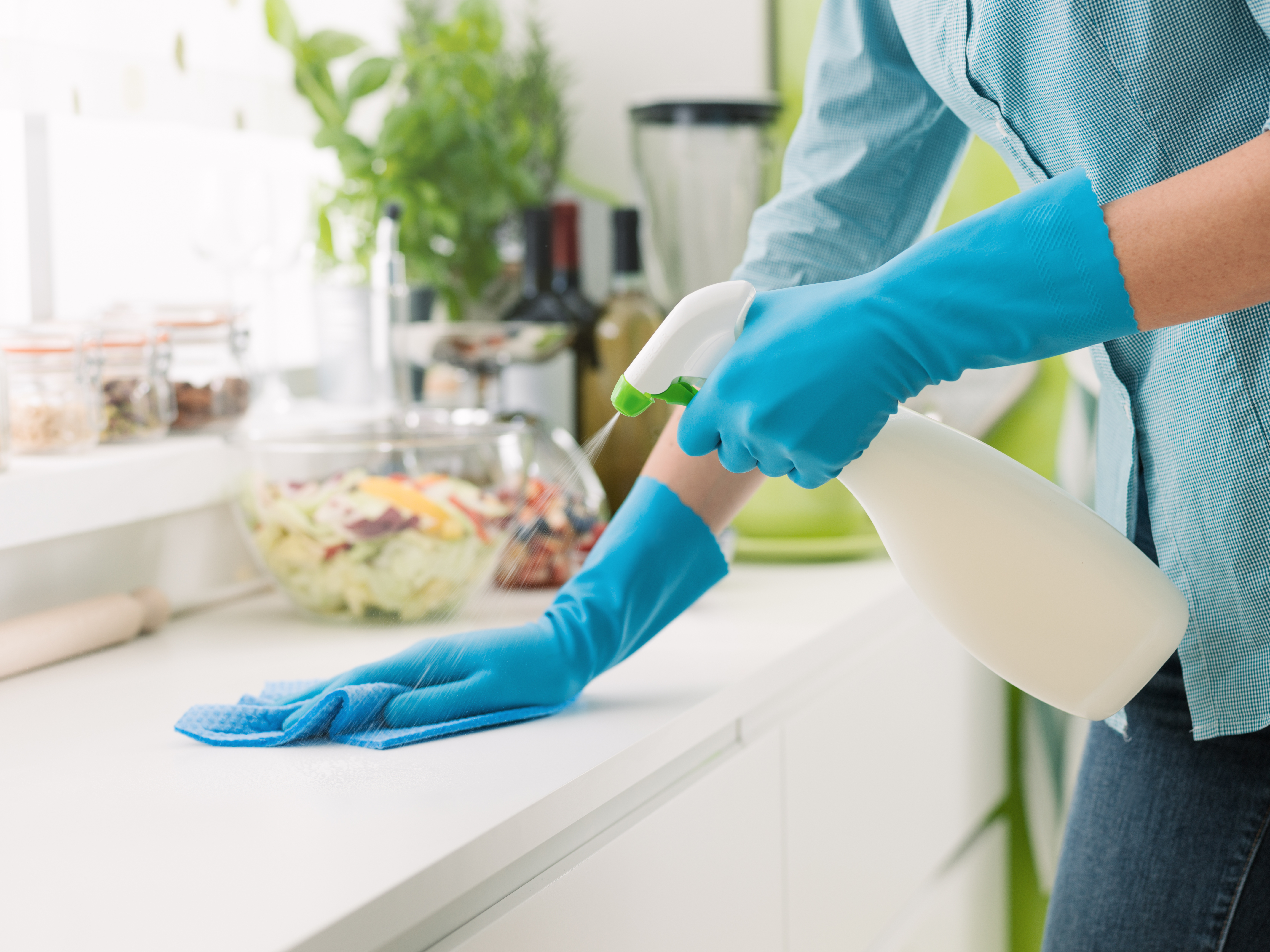- Alcohol does kill germs, as long as the solution you are using is the right percentage of alcohol.
- Hand sanitizers should be 60% to 95% alcohol to kill germs most effectively.
- Alcohol-based disinfecting solutions should be at least 70% alcohol and can be used to clean things like table surfaces, light switches, and mobile phones.
- This article was medically reviewed by Tania Elliott, MD, who specializes in infectious diseases related to allergies and immunology for internal medicine at NYU Langone Health.
- Visit Insider’s homepage for more stories.
Bacteria, viruses, fungi, protozoans, and helminths are all types of germs that can spread infection and disease. Your immune system may protect you from these germs most of the time, but you can also take preventive measures to kill germs and reduce the spread of sickness.
Alcohol has been used as a hand sanitizer since 1888, and the disinfecting qualities of ethanol and isopropanol are well-proven. While washing hands for 20 seconds with soap and water is always preferable, alcohol-based hand sanitizer can be a good alternative, if used properly. Here’s what you need to know.
Yes, alcohol does kill germs
A 2020 review of alcohol-based hand sanitizers found that sanitizers which were 60% to 95% alcohol kill germs most effectively, provided that at least 2.4 milliliters of hand sanitizer was applied for 25 to 30 seconds.
The Centers for Disease Control and Prevention (CDC) says alcohol-based hand sanitizers must contain at least 60% alcohol to be effective. Alcohol kills germs by breaking down its cell walls. Depending on the brand, hand sanitizers may also contain additives like aloe vera to make it more moisturizing, or carbomers to change the consistency.
Most hand sanitizers and disinfectants use isopropyl or ethyl alcohol. For example, ethanol is an effective virus-killer, against infections like herpes and the flu, and isopropyl is even more effective against bacteria.
"Ethyl alcohols will kill viruses, funguses, and bacteria, but do not kill bacterial spores," says Johannes Wessolly, Medical Director of Miskawaan Health Group. "Depending on the type of alcohol used, it can kill or render a wide variety of germs inactive."
How to use alcohol to kill germs
Most cleaning products, disinfecting wipes, and hand sanitizers contain enough alcohol to kill germs. "For disinfection, alcohol solutions that have at least 70% alcohol, as well as most common EPA-registered household disinfectants, should be effective," says Wessolly. "Check the label to make sure before use."
To kill germs, the CDC recommends cleaning regularly touched items, like light switches, handles, and faucets, which can be done at home and in the workplace.
"Generally, keep surfaces clean with a household disinfectant," says Manish Trivedi, MD, director at the Division of Infectious Diseases for AtlantiCare, explains that "specifically areas that are frequently touched such as doorknobs, phones, computer keyboard, and mouse."
In fact, your phone likely carries more germs than a toilet seat, and it's often overlooked when cleaning. Apple recently updated its phone-cleaning instructions, recommending "a 70 percent isopropyl alcohol wipe or Clorox Disinfecting Wipes" to wipe down the phone's exterior, avoiding getting moisture in the openings.
When disinfecting items with alcohol-based products, the CDC suggests following these steps, along with reading the instructions on the label:
- Make sure the product is at least 70% alcohol.
- Ensure the area has good ventilation.
- Use gloves, preferably disposable ones.
- Wash hands with soap and water once gloves are removed.
While scrubbing surfaces with alcohol-based cleaners may help kill germs, washing your hands is still the best defense against viruses and bacteria.
"There is no practical way to sterilize or sanitize everything we come in contact with, and no need to either," Trivedi says. "Wiping down areas and objects that serve as a reservoir for germs you encounter may be effective in preventing the spread of disease, but recognize these organisms are typically spread and transported by our hands."
Related stories about keeping germ-free:
- The difference between bacteria and viruses, and how to prevent their spread
- The best hand soap
- The best hand sanitizer
- The best disinfecting cleaners
- Does hand sanitizer work? The difference between sanitizer and soap
- Hand sanitizer does expire - here's whether it's still worth using
- How do viruses spread and how to protect yourself against infection
